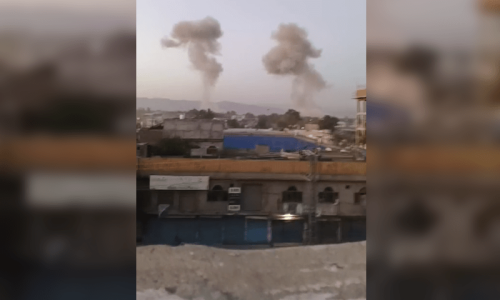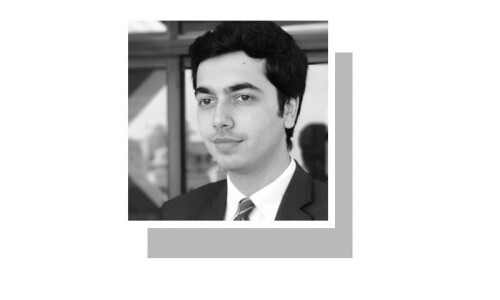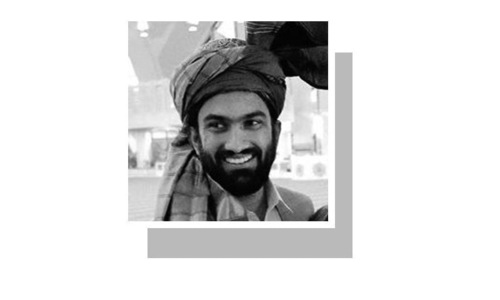 The worst form of human deprivation is chronic poverty. The rural areas and the informal sector of the industry are its breeding grounds.
The worst form of human deprivation is chronic poverty. The rural areas and the informal sector of the industry are its breeding grounds.
In Pakistan, landless communities and peasants are deprived of access to any kind of productive assets and social goods like education, heath and other facilities. They suffer from poor health, malnutrition, illiteracy, unsafe drinking water, poor living conditions and political and social exclusion. The low caste communities are the main victims of social exclusion.
According to Human Development in South Asia-2006, ‘In Pakistan it is estimated that approximately 26 per cent of rural household are chronically poor.’ They may escape from vicious circle of poverty when the children of these communities get technical training or education to break that circle. This objective cannot be achieved without raising their incomes and their access to social goods.
The informal sector of industry is also generating ‘new poor’ as workers in this sector earn far less than the minimum wages. The wages of majority of these workers are far less than Rs2500 without social security, medical and health insurance. The labour laws are not observed in the sector and industrial accidents rarely reported to the concerned departments. Even wounded workers often do not get any financial compensation.
The sufferers of minor illness can manage to be treated at any private welfare organisation’s medical/health centre located in urban areas. While in case of major sickness like heart, kidney, diabetes, cancer or road accident injury, they have to depend on government hospitals. The surgery is very expensive for them even in government hospitals. The cardiac surgery cost Rs300,000-350,000 in government hospitals and medicine expense is not included in the workers’ package.
As the informal sector is larger than the formal sector, it grows faster than the formal sector so the numbers of poor have been increasing. In a primary-data based survey, unskilled workers having experience of 15 long years were found earning Rs4000 in 2006, and working more than 48 hours a week.
The globalisation has influenced every thing here except improving quality of life of worker of manufacturing’s informal sector and some services sectors like transport, storage and communication, wholesale, retail and education.
Globalisation of capital and service sector has benefited the middle and upper income classes as it creates large number of careers in banking, insurance and financial market; the impact of growth of business is visible as the wages are increasing in this sector for professionals but its impact in terms of rise in salaries of employees below the officer grade is invisible.
The countries, having large number of skilled labour, have benefited from globalisation process because the multinational corporations and international businesses are relocating their production infrastructure to the place where workers can comprehend complex technology-driven processes. China, Vietnam, India, Malaysia are their popular destinations where the nationals are skilled and trained and at the same time Middle East is also their focus where skilled expatriate exist to be hired in business. This helps to improve the living conditions of the nationals and expatriates.
Pakistan with abundant unskilled labour could not get maximum benefit out of globalisation as the technologically-advanced production demands skilled workforce to operate an automatic plant. Trade liberalisation is little benefited here as far as unskilled workers and infant industries are concerned. Fifty per cent labour is illiterate. Their illiteracy reduces their capacity to learn or update knowledge/ skills as required by the changing demand of technology in production process.
Diversification of economic activities in rural areas can be one alternative to overcome the rural poverty. Small loans can be provided to locals to earn living by opening a tea stall, grocery shop, hotel and tourism related businesses. There is a need for establishing private schools and technical training centres run by local urban-educated people.
The structural change in rural infrastructure including land reforms and access to education, health and public goods should be made compulsory; this will help to improve their human development index and decrease poverty. The feudal-elected representatives should take initiatives for agro-based industrialisation.














































